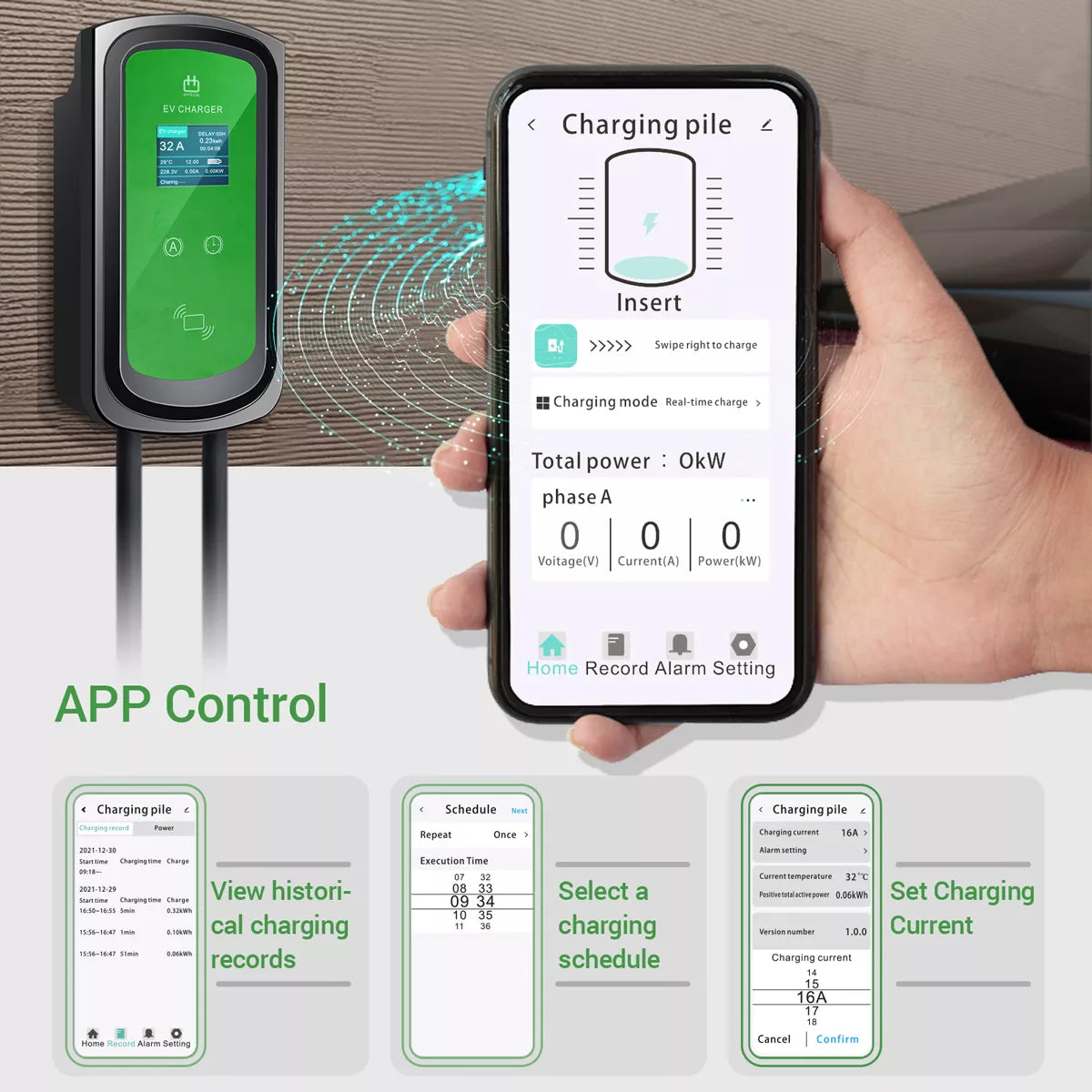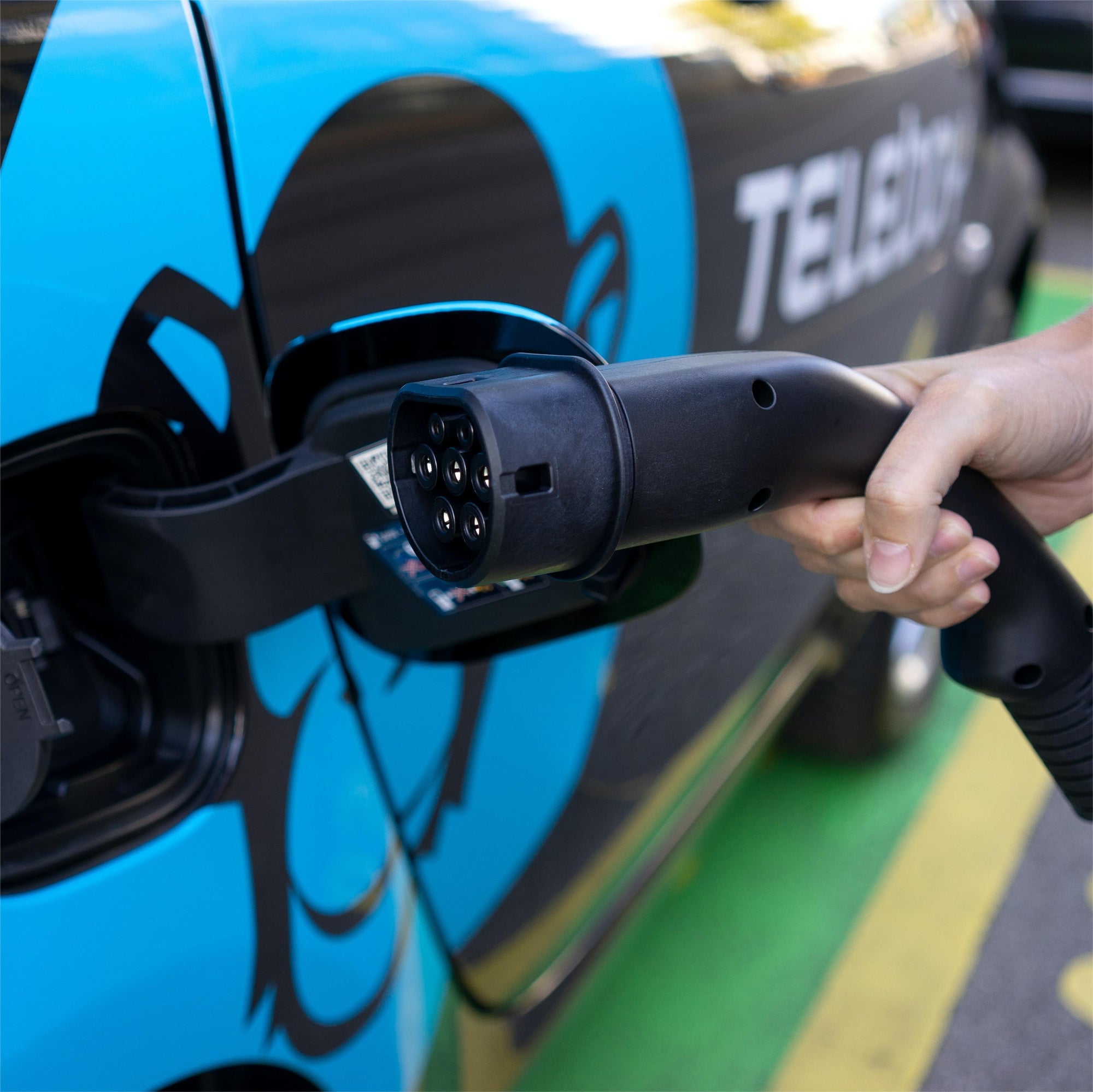Global car giants are stepping up their layout of charging station networks
Honda has announced plans to invest at least $40 billion by 2030 with the goal of increasing sales of hybrid and electric cars to 40% over the next decade. Meanwhile, Volkswagen has already installed over 15,000 high-power charging stations (HPC) worldwide with an output power of 350 kW, and has plans to install a further 18,000 in Europe, 10,000 in North America, and 17,000 in China by 2025. European automakers such as Volkswagen, BMW, and Audi are also more active than their Chinese counterparts in building their own charging stations and service networks.
At the 2023 Consumer Electronics Show (CES), Mercedes-Benz announced plans to build a global high-power charging network, with over 10,000 charging stations that can provide up to 350 kW of power each. Volkswagen, on the other hand, has announced plans to build a network of 45,000 charging stations with a power output of 350 kW by 2025. Ionity is one example of a fast-charging network company, which was established in 2017 by a joint venture of BMW, Ford, Mercedes-Benz, Volkswagen, Audi, and Porsche, and has since become the second-largest fast-charging platform in Europe.
European energy giants, including Shell, BP, Total, Engie, E.ON, and OMV, as well as ABB, Siemens, and Schneider, have been investing in the manufacture of charging stations and electric vehicle charging services for years. These companies are also deepening their ties to top-ranked European charging operators or third-party charging service platforms through investments, acquisitions, and mergers.
For example, Shell currently has 300,000 public charging ports in Europe, with a market coverage rate of nearly 80%, which was achieved mainly through investment and acquisition. BP, Total, and Engie are also frequently investing in the electric vehicle charging industry. In August 2022, BP acquired the UK's largest electric vehicle charging network operator ChargeMaster, and invested in two other charging companies. In September 2022, BP also partnered with Hertz in the United States to expand its electric vehicle charging station network.
As the trend towards electric vehicles (EVs) continues to gain momentum, energy giants are taking notice and moving into the EV charging space. French oil and gas company TotalEnergies has been one of the most aggressive players in this field. TotalEnergies has already established a presence in several countries, including the Netherlands, Belgium, France, the UK, and Singapore, with its EV charging station business. In 2020, TotalEnergies acquired London's largest EV charging company and a leading French smart charging solution provider, and established an independent electric mobility business unit. Its goal is to establish 150,000 EV charging points across Europe by 2025.
Last August, TotalEnergies signed a contract with the Flemish regional government in Belgium to install 4,400 public EV charging stations over the next two years, powered by 100% renewable energy from offshore wind farms near the North Sea.
In addition, EVBox, a well-known EV charging service provider in Europe, has already been acquired by an energy company. Founded in the Netherlands in 2010, EVBox has more than 700 superfast charging stations, with over 400,000 charging points connected through roaming services. However, as early as 2017, EVBox was acquired by French power transmission giant Engie.
French power company EDF Energy is also looking to make its mark in the European EV energy supply field. As an important step in this plan, the company acquired UK EV charging network Pod Point in 2020 for approximately £110 million.
It's no surprise that energy giants are entering the EV charging space, given the logic of traditional energy companies actively transforming themselves and the advantage of upgrading oil and gas sales terminal networks. Even domestic automakers such as BYD and NIO, which have entered the European market, have had to cooperate with energy giants to expand their reach.



